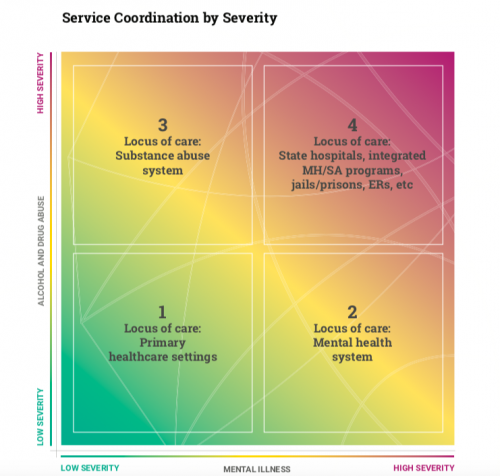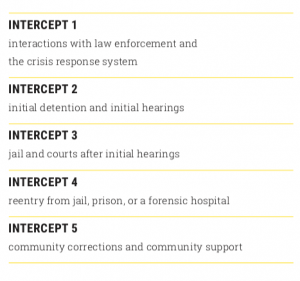Get Involved

 Become a Thought Partner
Become a Thought Partner
Partner with us to produce thought leadership that moves the needle on behavioral healthcare.
 Other options to get involved
Other options to get involved

Thank you!
We received your information and will be in contact soon!
Get Involved

 Grantmaking
Grantmaking
We fund organizations and projects which disrupt our current behavioral health space and create impact at the individual, organizational, and societal levels.
 Participatory Funds
Participatory Funds
Our participatory funds alter traditional grantmaking by shifting power
to impacted communities to direct resources and make funding decisions.
 Special Grant Programs
Special Grant Programs
We build public and private partnerships to administer grant dollars toward targeted programs.
 Program Related Investments
Program Related Investments
We provide funds at below-market interest rates that can be particularly useful to start, grow, or sustain a program, or when results cannot be achieved with grant dollars alone.
Get Involved

 Tia Burroughs Clayton, MSS
Tia Burroughs Clayton, MSS
Learning and Community Impact Consultant
Add some text here
 Alyson Ferguson, MPH
Alyson Ferguson, MPH
Chief Operating Officer
Contact Alyson about grantmaking, program related investments, and the paper series.
 Samantha Matlin, PhD
Samantha Matlin, PhD
Senior Learning & Community Impact Consultant
Contact Samantha about program planning and evaluation consulting services.
 Caitlin O'Brien, MPH
Caitlin O'Brien, MPH
Director of Learning & Community Impact
Contact Caitlin about the Community Fund for Immigrant Wellness, the Annual Innovation Award, and trauma-informed programming.
 Joe Pyle, MA
Joe Pyle, MA
President
Contact Joe about partnership opportunities, thought leadership, and the Foundation’s property.
 Bridget Talone, MFA
Bridget Talone, MFA
Grants Manager for Learning and Community Impact
Add some text here

People with serious mental illness are overrepresented in the justice system, and most county jails in the United States house three times as many people with serious mental illness as would be expected from community-based estimates. The authors of a newly released paper in the Think Bigger Do Good Policy Series review the complex array of factors that contribute to this problem and offer suggestions to address this crisis, including the behavioral health system being Intercept 0, intervening before law enforcement or a crisis response team. 
Authors, Natalie Bonfine, Ph.D., Amy Blank Wilson, Ph.D., L.S.W., and Mark R. Munetz, M.D., share recommendations and policy implications for the community behavioral health system to operate as an effective Intercept 0, instead of the criminal justice system. The recommendations include, but are not limited to, the behavioral health system:widening and deepening its array of services including master integration at multiple levels; promoting innovation and adaptability among state and mental health authority leadership; changing the narrative from one of blaming the overrepresentation on a failed mental health system or lack of inpatient beds to focus on the true complexities of the issues; and; increasing funding to community behavioral health programming to allow for access to high quality care that addresses the social determinants of health.
The funders of the Think Bigger Do Good Policy Series believe that now more than ever, philanthropic support in the area of policy is critical to improving the health outcomes for all. The authors, advisory group, and funders of the paper know that broad advocacy works. Please share this paper with your local, state, and/or federal policy and decision-makers and join us in advocating for policy reforms and restructured financing models to increase access to integrated behavioral health services.













